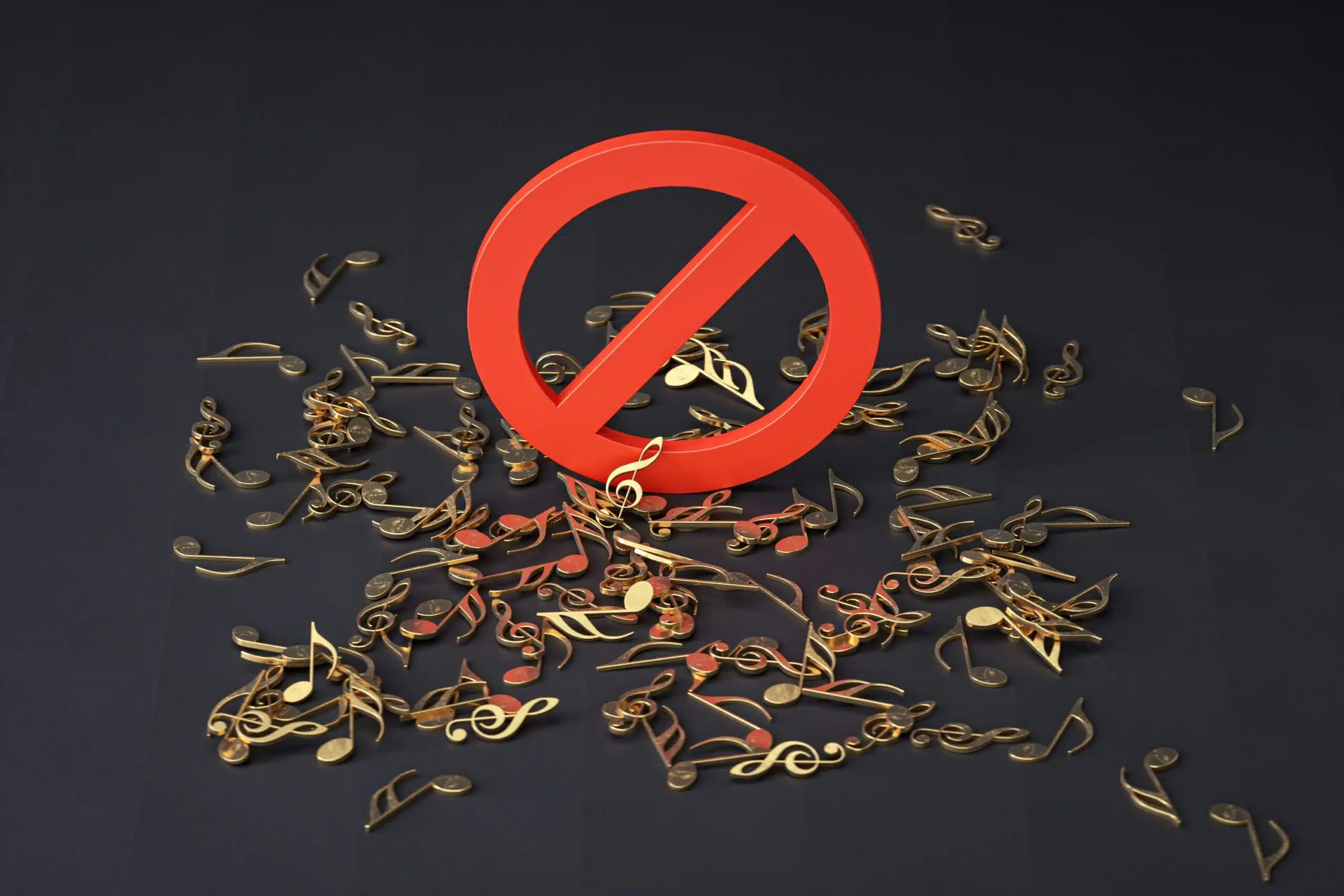A “DMCA Takedown Notice” is, among other things, a claim that you have, in some way, committed copyright infringement. Typically, a DMCA Takedown Notice is aimed at alleged copyright infringement on the internet. The “takedown” part of the Notice is a demand that the infringing material be removed from an online platform or website. “DMCA” stands for Digital Millennium Copyright Act, a federal law passed by Congress in the late 1990s. Often, a DMCA Takedown Notice will also contain a demand for payment to avoid copyright infringement litigation over the online posting of the material.
Takedown notices are almost always sent via email, are typically sent to the owner of the online platform (like Facebook, Reddit, etc.), and are also sent to the specific user/account holder (at a known and identifiable email address). There are a couple of reasons that sending takedown notices to online platforms and website owners is particularly effective. First, online platforms can be held legally liable for contributing to infringement by allowing infringing materials to remain posted. Thus, online platforms have a steep financial incentive to remove offending materials. Second, as a practical matter, online platforms have employees and legal departments who handle these matters quickly and efficiently. This is not always the case with specific users and accounts.
So, what do you do if you have received a DMCA Takedown Notice? First, take a breath and be calm. There is a lot about a DMCA Takedown Notice that is outside of your control. This is because, as a matter of practice, your online platform probably already removed the allegedly infringing materials and will not permit any reposting of the materials unless the copyright dispute is resolved.
If your materials have NOT been removed, then, in the abstract, there are two choices: fight or surrender by removing the materials. It is probably best to remove the materials, since there is less legal and financial risk. This is probably the best strategy if the claim relates to only a portion of what has been uploaded (like a copyright claim related to a movie clip in a YouTube video). After the “offending” part has been removed, the remainder can be uploaded again.
If the decision is made to “fight” over the DMCA Notice, you will need to hire attorneys with deep and strong experience in copyright law and DMCA matters. And expect the fight to be expensive.
In truth, many DMCA Notices are sent in error and/or are improper in form and/or substance. For example, only the copyright owner (or agent) can send a Notice, and the Notice must contain various pieces of information that are required by the statute. If any of that information is missing, then the DMCA Notice is invalid.
Aside from challenging the validity of the Notice, there are also various legal defenses to the claimed infringement. For example, copyright law allows for the use of copyrighted materials under conditions of “fair use.” As just one example, federal courts have held that using 2 to 8 seconds of a music video is a form of “fair use.” Depending on the facts, it may also be possible to argue that permission has been given for use (either actual or implied). Arguably, the use of movie trailers falls under this category. There are also procedural rules that must be followed if copyright owners are planning to file suit. If these procedures have not been followed, then any threat of litigation — and any demand for payment — can be deemed hollow.
Contact The DMCA Takedown Notice Attorneys At Revision Legal
For more information, contact the experienced DMCA Takedown Notice Lawyers at Revision Legal. You can contact us through the form on this page or call (855) 473-8474.




